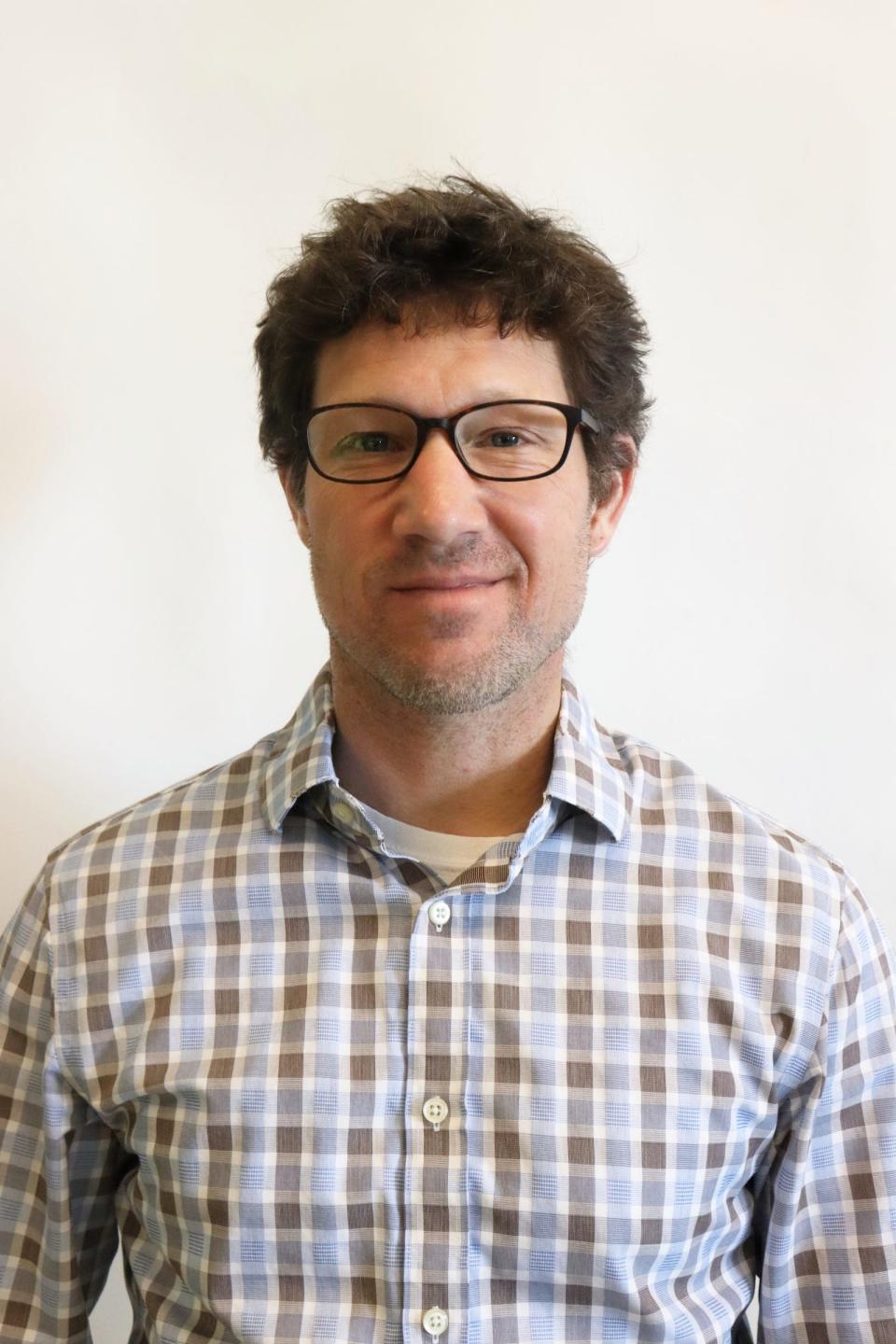Rural students stand to lose the most with end of Tri-County IBD education program
As a father who witnessed the dedication, effort, academic, and personal growth of two sons as they persevered over two years in the Tri-County International Baccalaureate Diploma program (IBD), I find the news of its imminent closure disheartening.

This marks an end to the only consistently offered standardized, rigorous and universally recognized curriculum available to students attending the area's rural high schools and with it, their best opportunity to pursue an education that meets their needs.
Another view: Enrollment drop, cost among factors in decision to end tri-county baccalaureate program
For readers who are not familiar with the program, it is an internationally recognized curriculum built around three core elements: Theory of knowledge, the extended essay (independent research), and creativity, activity, and service. Students complete advanced coursework in global politics, foreign language, science, literature, and math.
Worldwide, only around 170,000 students earn an IB diploma annually, placing our local graduates in an exclusive club.
In its 20-plus years of existence, graduates of the program have been accepted into Ivy League universities, military academies, study abroad programs, and schools of art.
IB exam scores are treated similarly to Advanced Placement (AP) exam scores by college admissions departments who are acutely aware of the qualities required to earn the diploma: persistence, self-regulation, work-capacity, writing ability, and intellectual curiosity.
The breadth and depth of the IBD curriculum sets these students apart from their peers, statistically improving their chance of acceptance to top-ranked universities by 22%.
The suggestion that the now prevalent College Credit Plus (CCP) coursework, IBD, and AP are essentially the same thing is a false narrative. While they share some similarities — most notably the ability for students to earn college credit — there are differences that matter.
Generally speaking, CCP transfer agreements apply to public institutions within Ohio. Private colleges in Ohio and institutions in other states are not obligated to accept CCP credit. For example, Denison University in Granville does not accept CCP taught by high school teachers. Conversely, AP and IBD are essentially universally accepted, as academic performance on these standardized curricula is a known quantity. Much like performance on the SAT and ACT, college admission departments have a good understanding of what this performance means. The lack of standardization, and frankly the varying degrees of rigor associated with CCP offerings, means these courses hold less value.
Admittedly, the number of students who intend to apply outside of Ohio's public university system is probably relatively small. But consider the ways we support the needs of other students: Our community has a career center attended by approximately 900 students who earn certifications and hone skills necessary to gain employment in a trade. Each year, local schools send sophomores for an entire day to visit several programs of their own choosing to assess fit. Many rural schools now run career technical programming at their middle and high schools on an even smaller scale.
Collectively, the state sends upwards of $7.5 million annually to provide the supports necessary for students with special needs in the tri-county area. School psychologists perform assessments and generate individualized plans for their schooling. Parents participate in meetings reviewing these plans. Special courses are scheduled for these students if necessary.
Similarly, gifted students are identified based on their performance on standardized assessments, and plans are indeed written and reviewed. Over 3,900 students in the tri-county area achieve this designation, an average of 192 per rural district. Ideally, districts would work together to shepherd these students into challenging learning environments with accelerated pacing. This was the promise of the IBD program.
So where does that leave our area's high-achieving students facing an environment in which 1.26 million graduates take AP or IBD assessments annually?
While our city schools' range of AP and CCP courses likely meet the needs of students who intend to enroll at the post-secondary level regardless of their ambitions, it is the bright-eyed kid attending one of our rural high schools who stands to lose the most. They are left to chose between the uncertainties associated with CCP or attempting to earn a modicum of AP credit through whatever mechanism Wooster High offers.
These students will not blemish their school's report card. They will meet all of their graduation requirements and likely earn an honors diploma. Yet we will have failed them nonetheless.
Andrew Cerniglia holds a Ph.D. in educational psychology and is a 23-year employee at the Wayne County Career Center. He and his wife Angie have five children and live in Holmesville.
This article originally appeared on The Daily Record: Loss of Tri-County IBD education program a blow to rural students

